Garra Charrua!If you're lucky enough to be enjoying the e...
Garra Charrua!
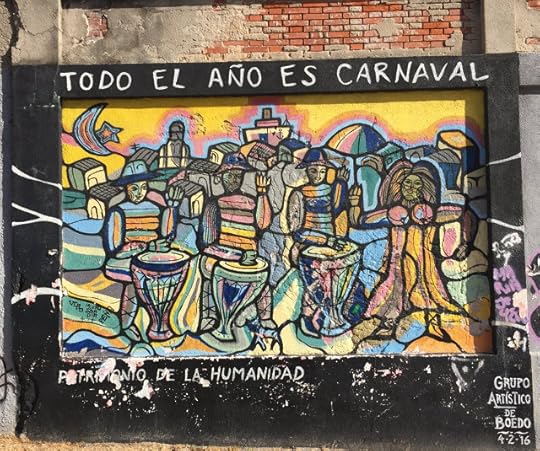
If you're lucky enough to be enjoying the energy of a Uruguayan futbol match, you might hear "Garra Charrau" chanted from the stands. A rallying call to the players, it's also a tribute to the indigenous people of the area, the Charruas, who refused to convert to Catholicism and defeated the Spanish invaders. The chant calls upon one to "prevail in the face of certain death."
There is a spirit, an energy, a passion to enjoy life, as well as a fierce determination to be free and expressive not only in that futbol chant, but in the daily life of the Uruguayan people as well. As former President Jose Mujica, a man who took office in March 2010 but never moved into Uruguay's presidential palace and was once referred to as the poorest, most humble leader in the world, once said -- "Be yourself and don't try to impose your criteria on the rest. I don't expect others to live like me. I want to respect people's freedom, but I defend my freedom. And that comes with the courage to say what you think, even if sometimes others don't share those views."
From the south where the extra-wide waters of the Rio de la Plata hide a bustling Buenos Aires lighting up the sky, to the northern border shared with a massive neighbor Brazil, Uruguay prides itself on its independence. It may be the second smallest country in South American but it's strong in so much nonetheless. A representative democratic republic, it's had an economic growing streak for the last 15 years. From 2003 to 2015, the middle class grew from 39% to 71%. Its per person income is now the highest in Latin America. It sells more beef than its larger neighbor Argentina. Without using government money, it converted to renewable electricity sources and now 95% of its energy comes from hydroelectric and wind parks. It was the first country to legalize the production, sale, and consumption of cannabis. Same-sex marriage and abortion is also legal. Long ago, a woman's right to divorce by simply appealing to do so at the courts was established. Church and state have been formally separated since 1916.
Whether sipping mate from a traditional calabash gourd in a park in Montevideo, jogging along the seemingly endless Rambla, or enjoying the sun and surf at Punta del Este, it's likely a native is looking forward to the next carnival celebration. Life's always a heady mixture of work and play, love and basic joys from the surprises and mundane cares of everyday life. As the locals say, "Es lo que hay!" While literally this translates as "it is what it is," this is more often said as a positive affirmation, to remember that nothing is better than what you already have. My days in country gave me so much more than what I had before I arrived, as the following photos demonstrate so well.
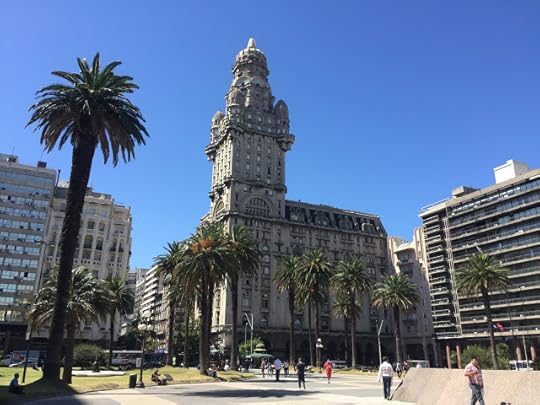
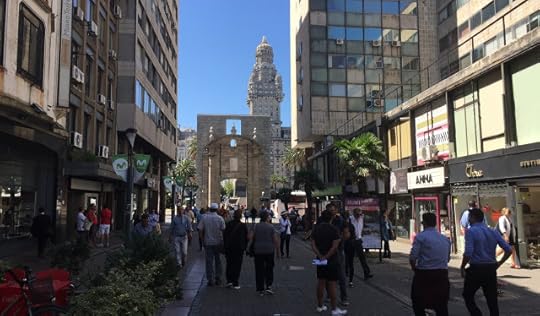
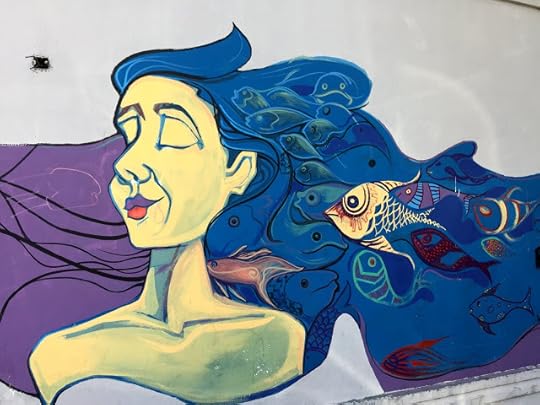

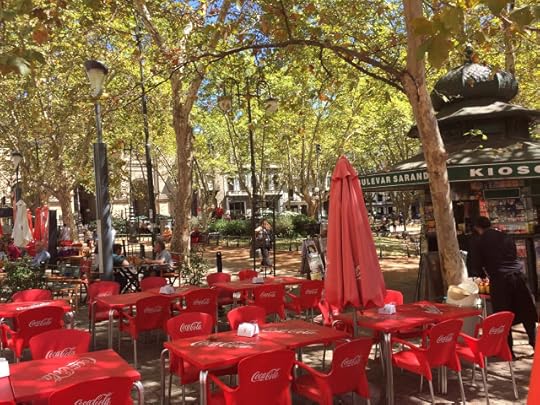
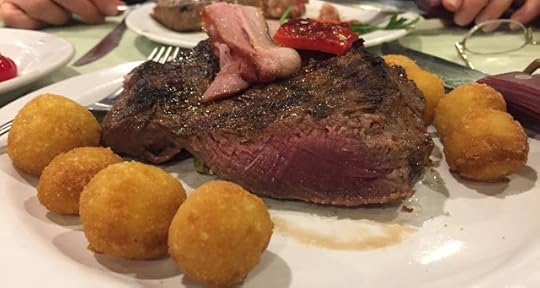
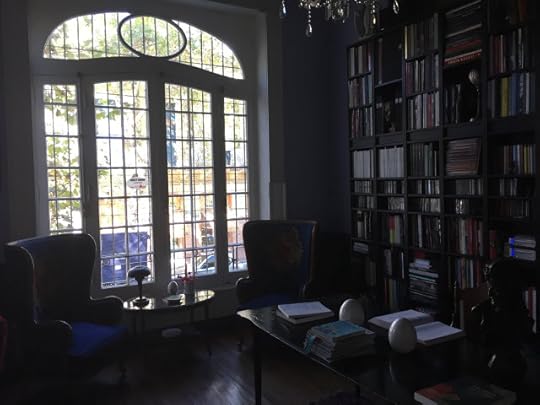
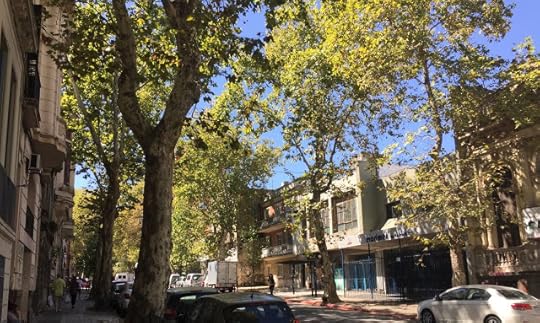

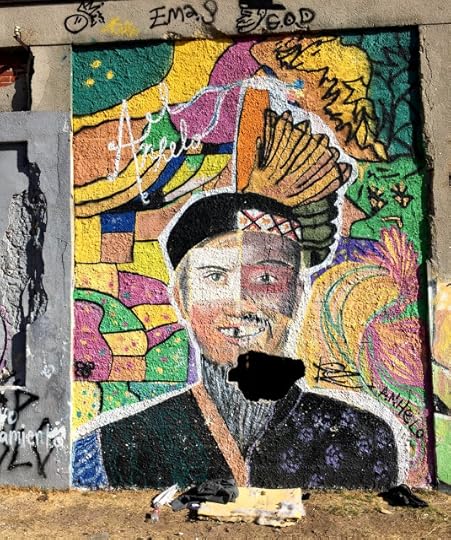
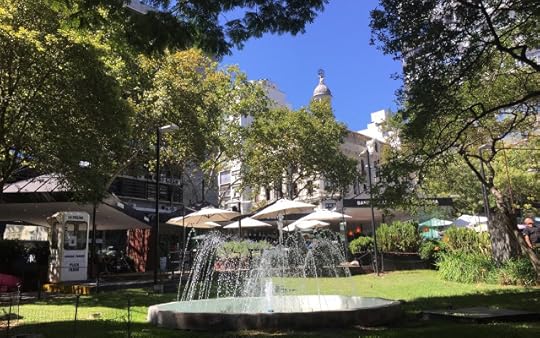
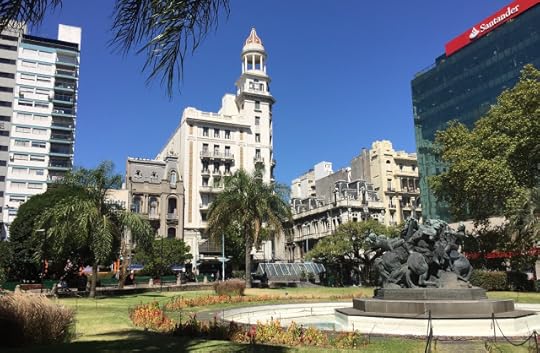
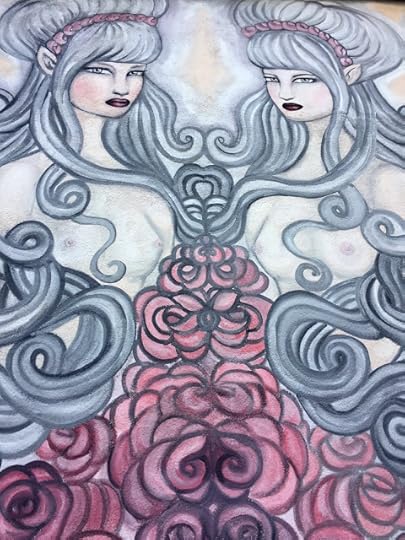
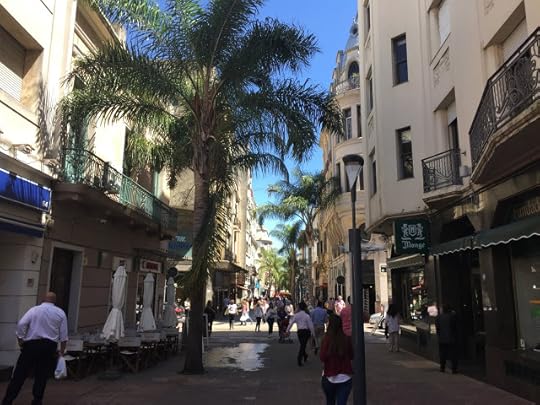
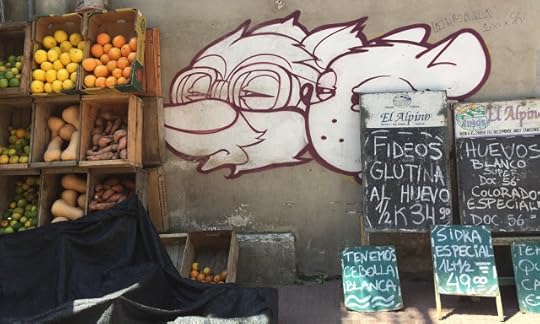
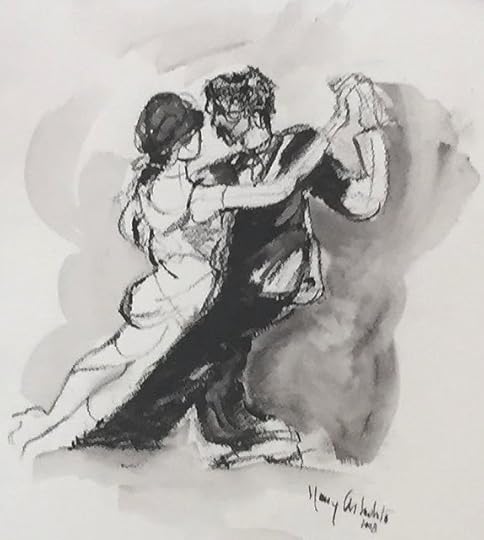

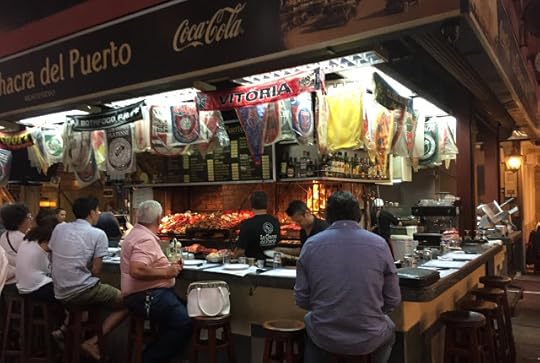
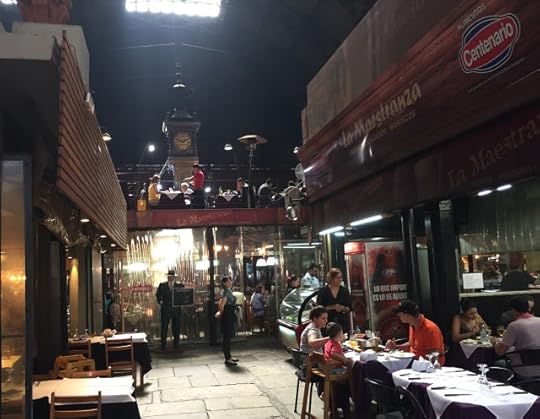
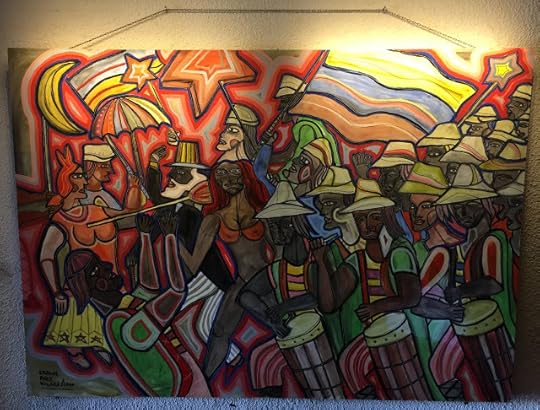
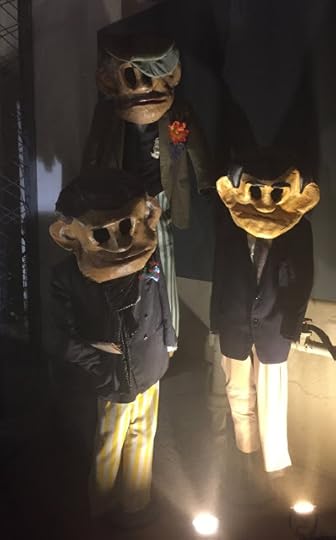
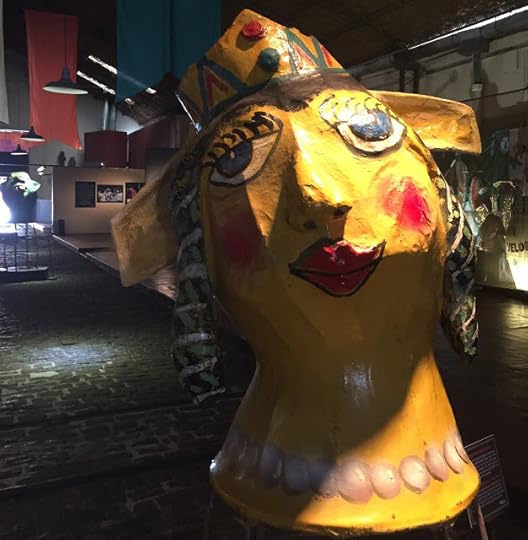
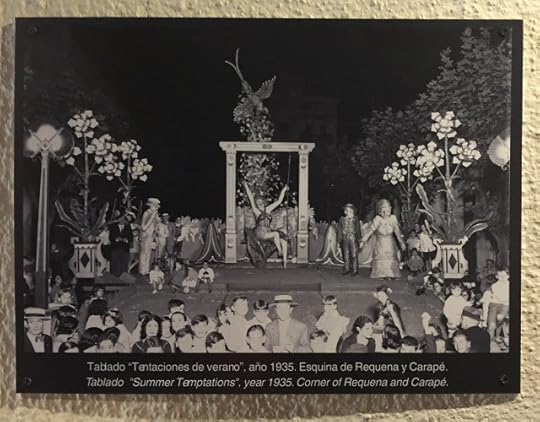
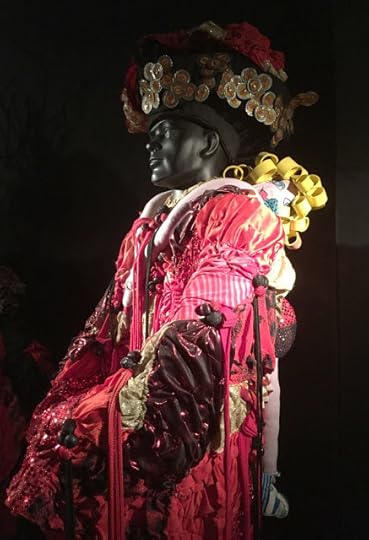
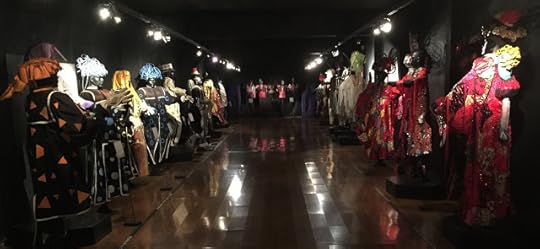
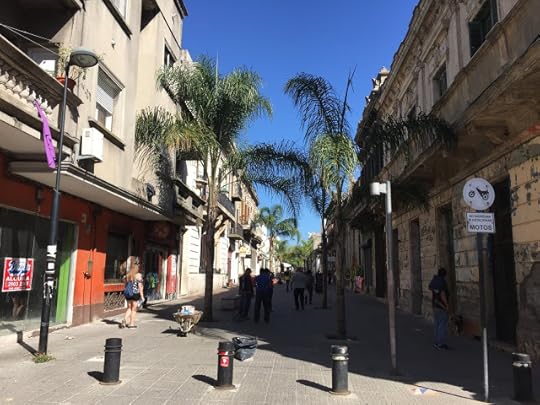
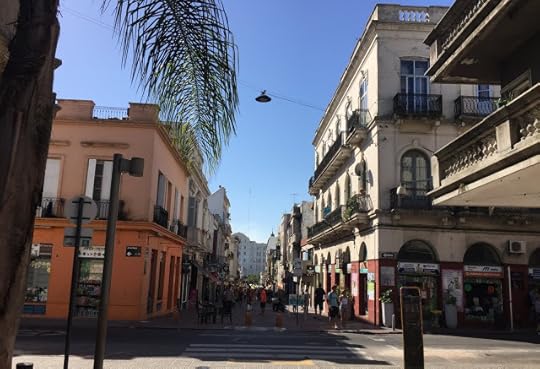
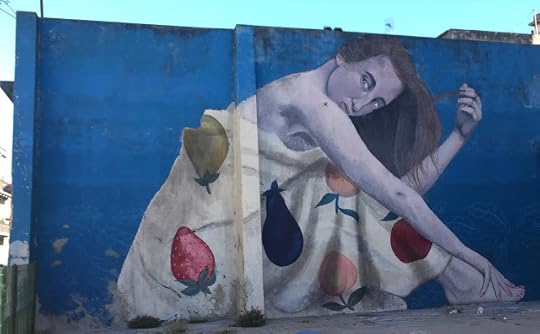
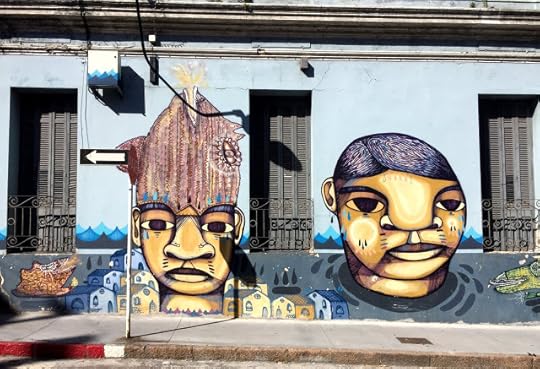
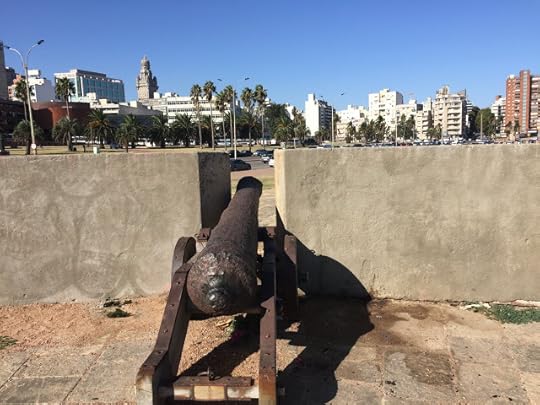

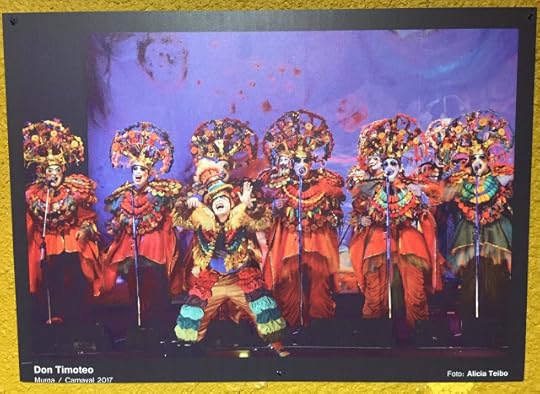
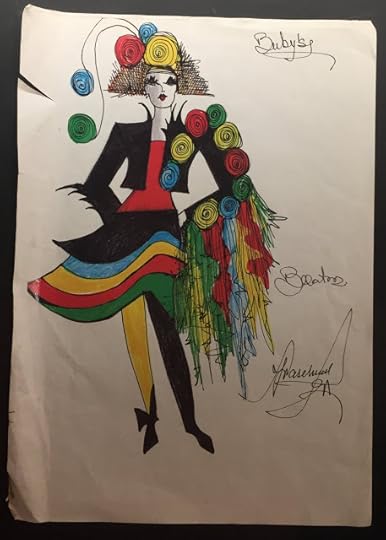
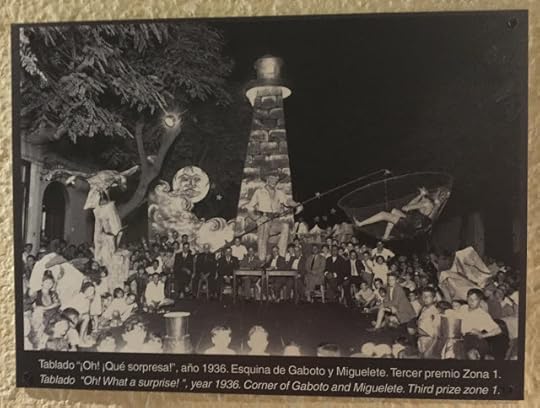
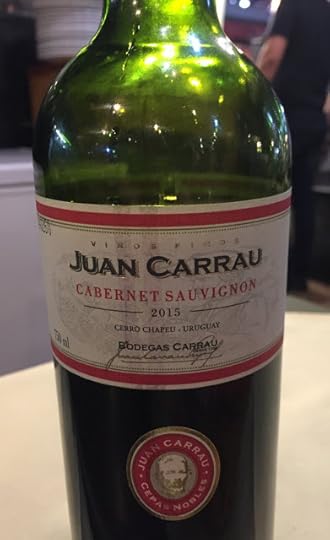
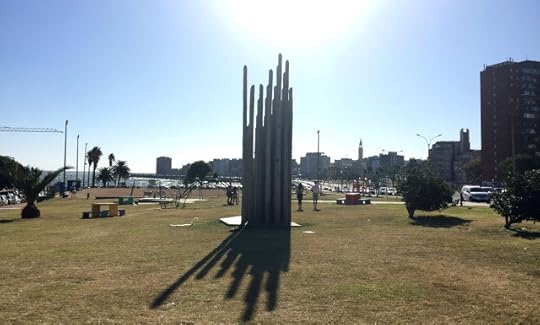
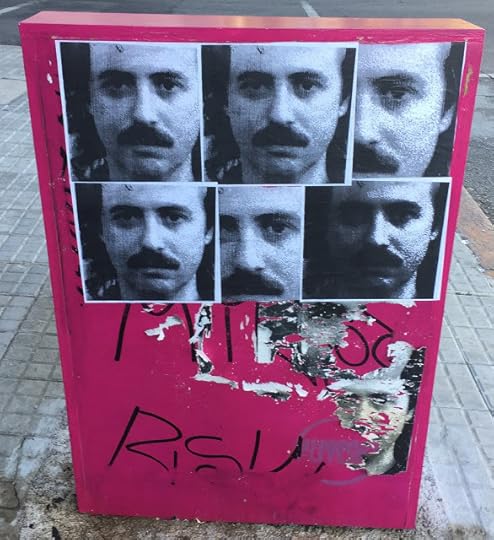
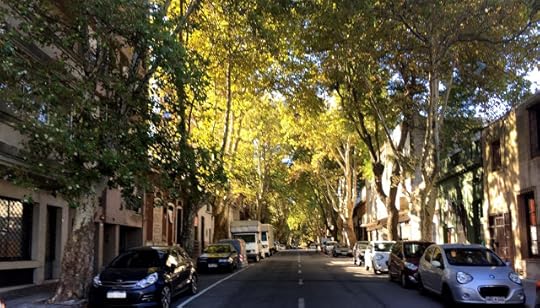

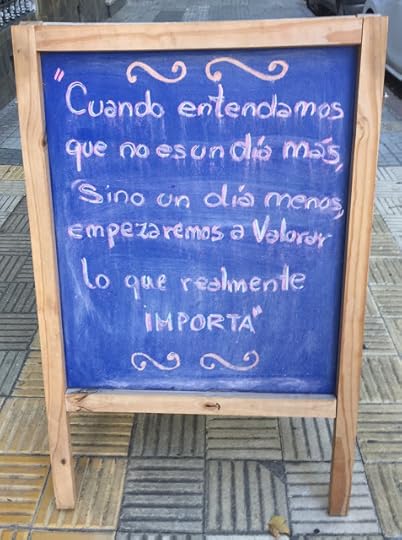
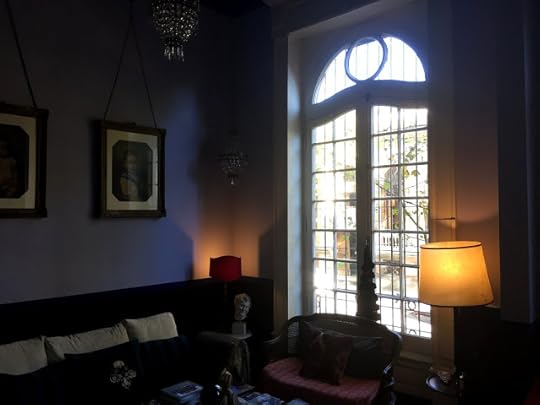
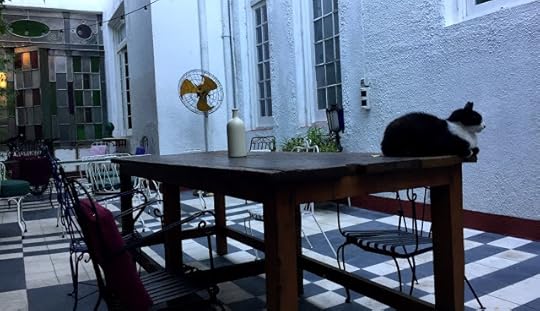
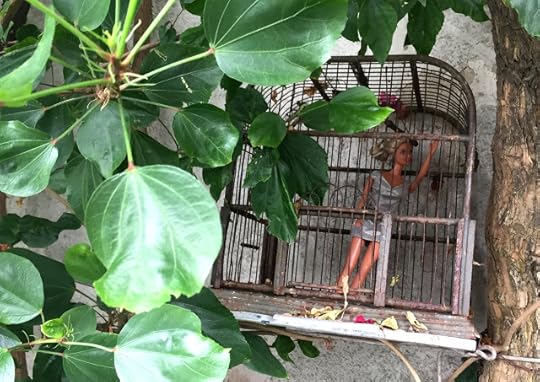

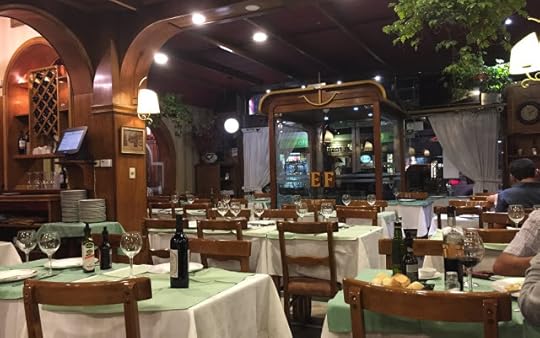


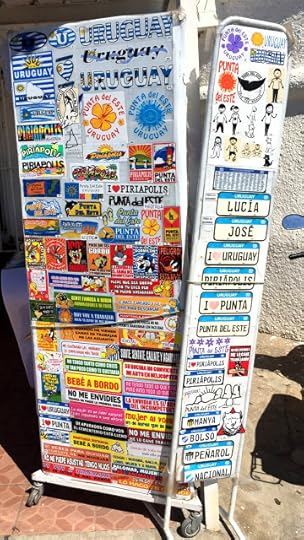
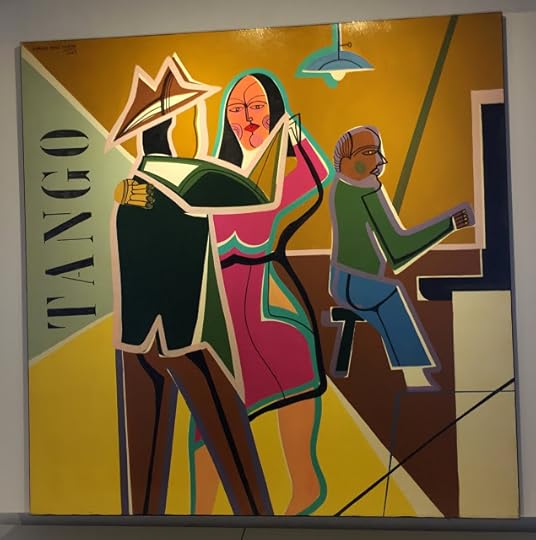
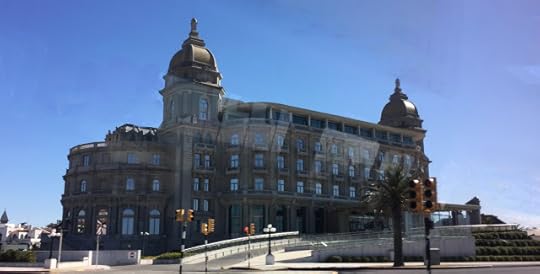

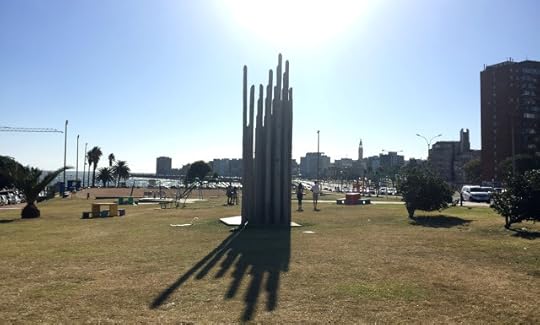

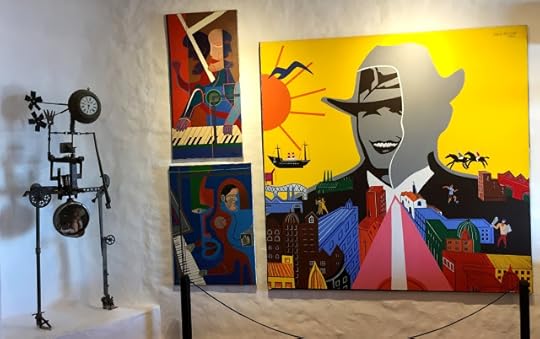

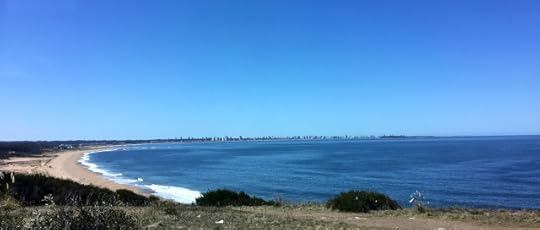

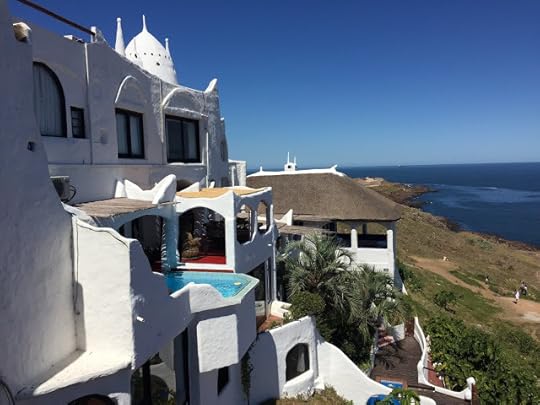
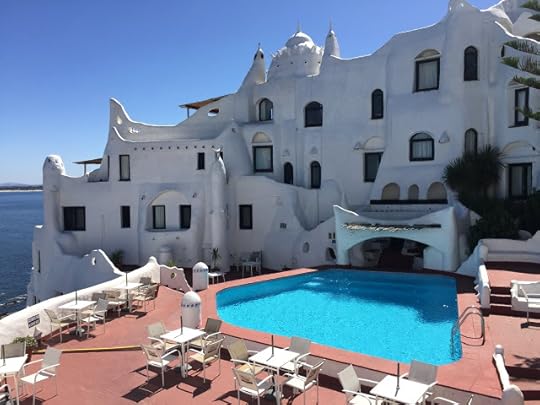

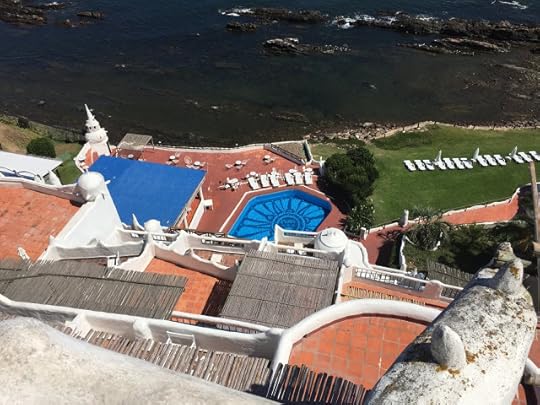
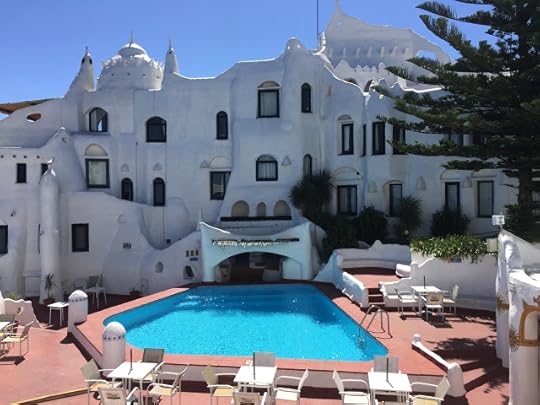
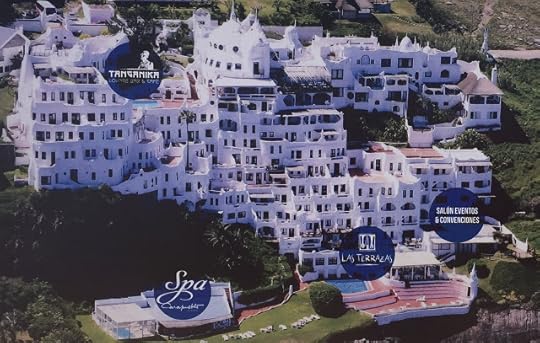

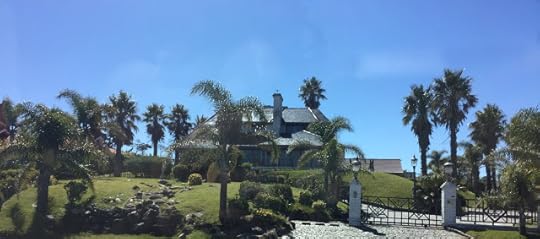
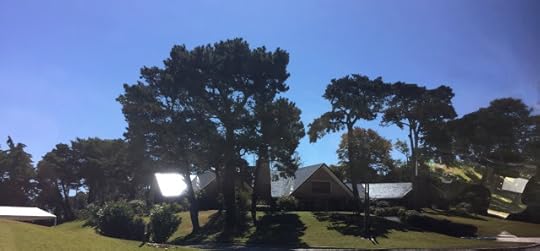

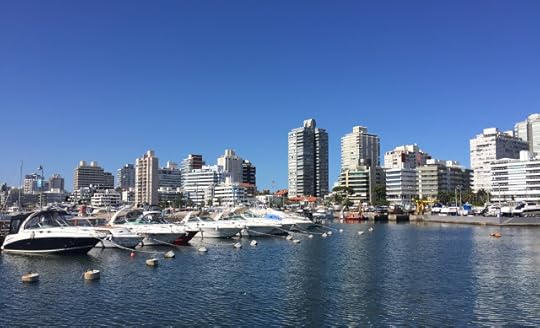

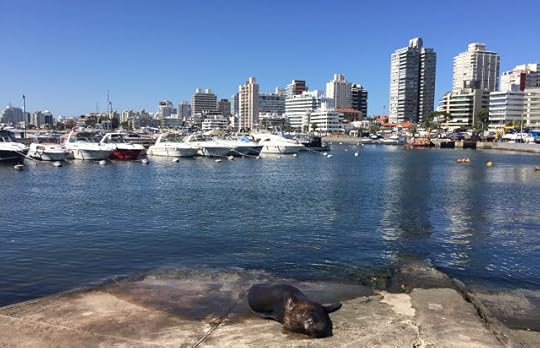
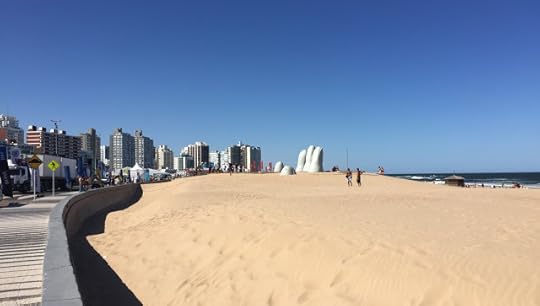

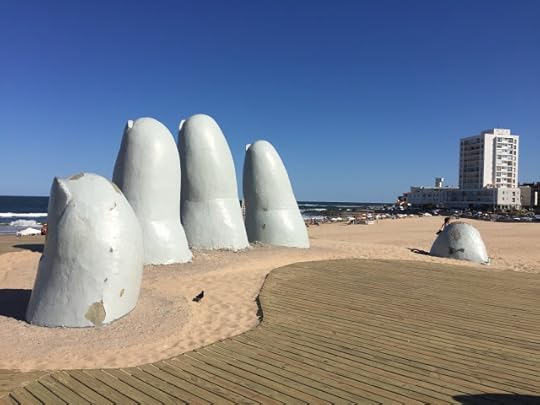
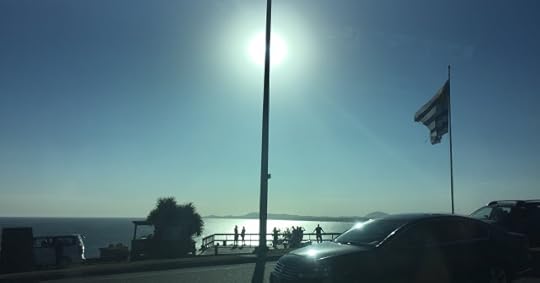
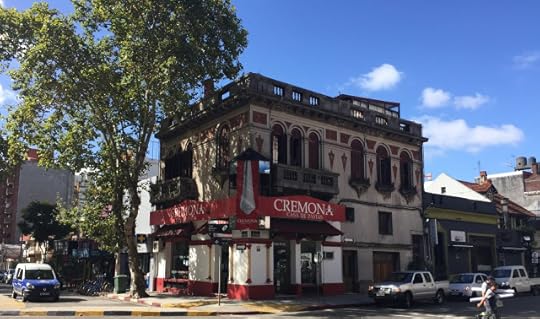
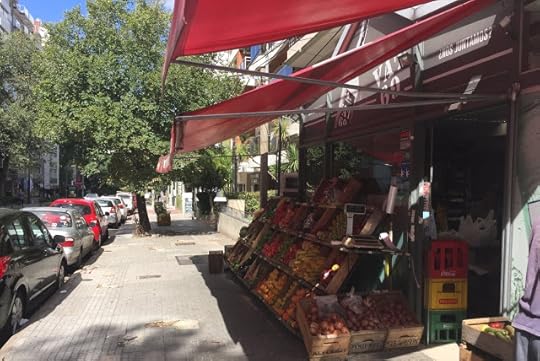

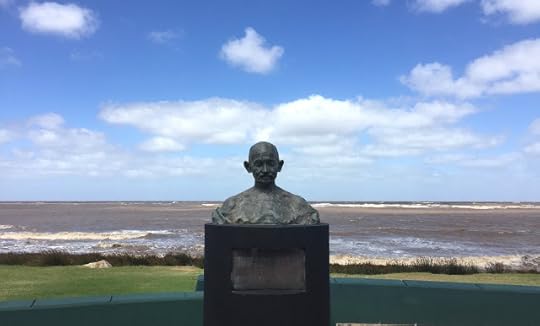

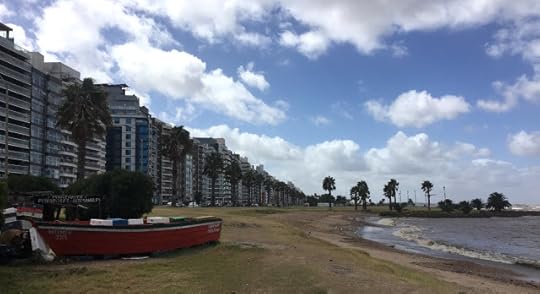
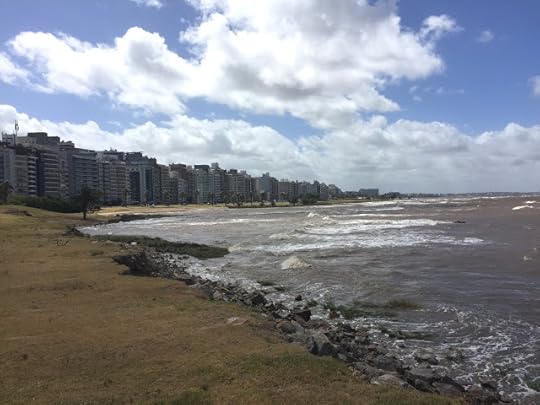

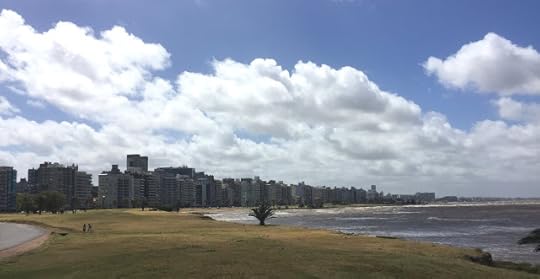

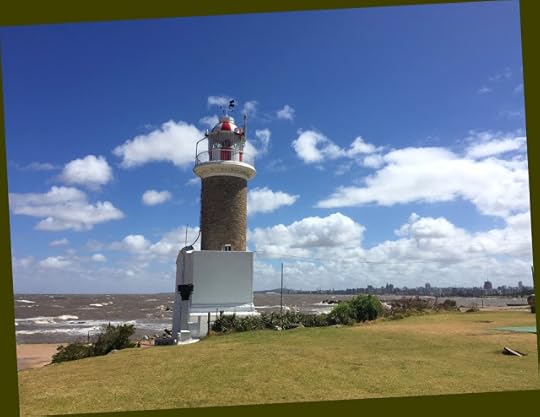
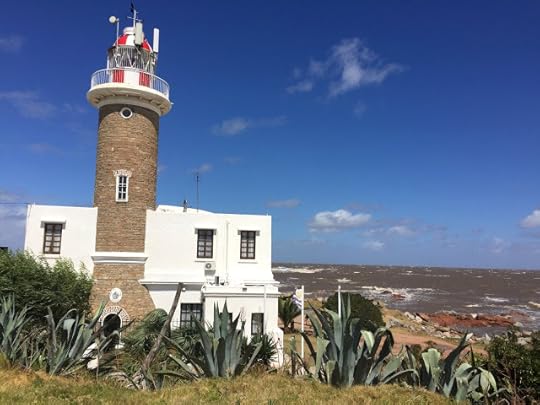

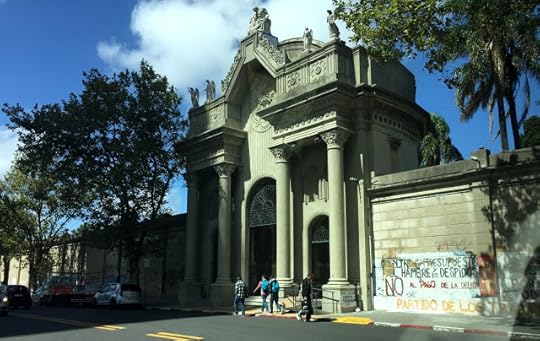
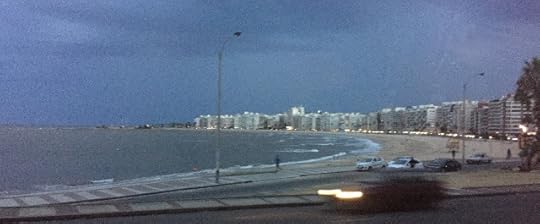
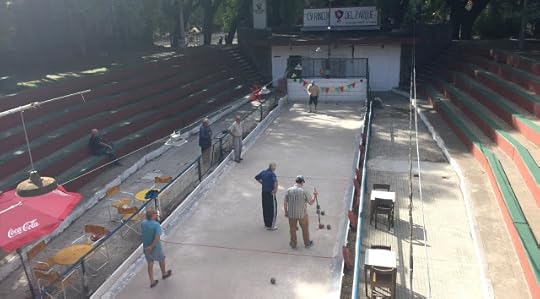
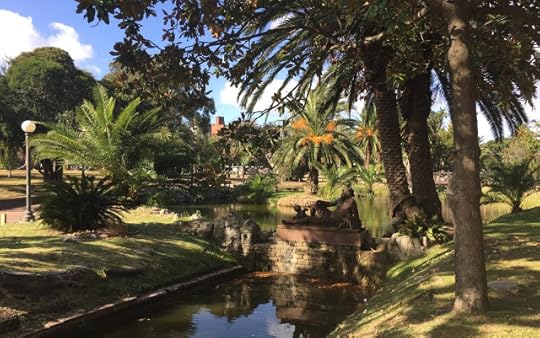

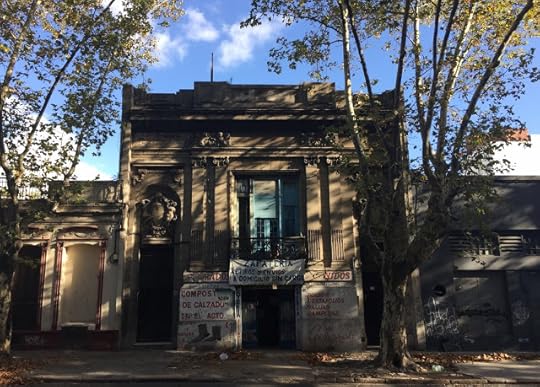
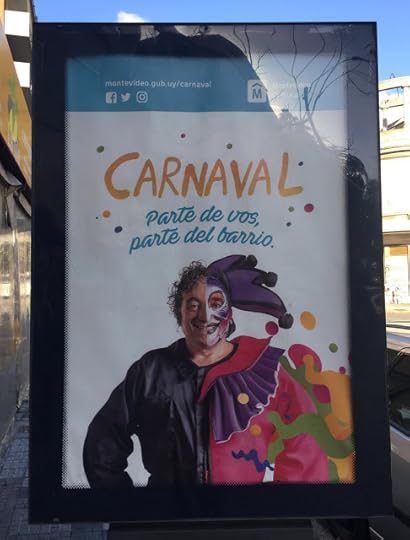
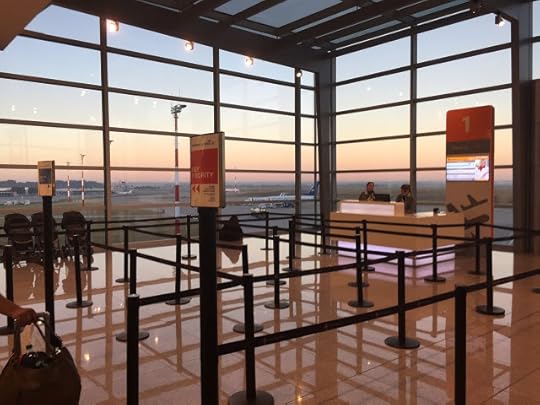

If you're lucky enough to be enjoying the energy of a Uruguayan futbol match, you might hear "Garra Charrau" chanted from the stands. A rallying call to the players, it's also a tribute to the indigenous people of the area, the Charruas, who refused to convert to Catholicism and defeated the Spanish invaders. The chant calls upon one to "prevail in the face of certain death."
There is a spirit, an energy, a passion to enjoy life, as well as a fierce determination to be free and expressive not only in that futbol chant, but in the daily life of the Uruguayan people as well. As former President Jose Mujica, a man who took office in March 2010 but never moved into Uruguay's presidential palace and was once referred to as the poorest, most humble leader in the world, once said -- "Be yourself and don't try to impose your criteria on the rest. I don't expect others to live like me. I want to respect people's freedom, but I defend my freedom. And that comes with the courage to say what you think, even if sometimes others don't share those views."
From the south where the extra-wide waters of the Rio de la Plata hide a bustling Buenos Aires lighting up the sky, to the northern border shared with a massive neighbor Brazil, Uruguay prides itself on its independence. It may be the second smallest country in South American but it's strong in so much nonetheless. A representative democratic republic, it's had an economic growing streak for the last 15 years. From 2003 to 2015, the middle class grew from 39% to 71%. Its per person income is now the highest in Latin America. It sells more beef than its larger neighbor Argentina. Without using government money, it converted to renewable electricity sources and now 95% of its energy comes from hydroelectric and wind parks. It was the first country to legalize the production, sale, and consumption of cannabis. Same-sex marriage and abortion is also legal. Long ago, a woman's right to divorce by simply appealing to do so at the courts was established. Church and state have been formally separated since 1916.
Whether sipping mate from a traditional calabash gourd in a park in Montevideo, jogging along the seemingly endless Rambla, or enjoying the sun and surf at Punta del Este, it's likely a native is looking forward to the next carnival celebration. Life's always a heady mixture of work and play, love and basic joys from the surprises and mundane cares of everyday life. As the locals say, "Es lo que hay!" While literally this translates as "it is what it is," this is more often said as a positive affirmation, to remember that nothing is better than what you already have. My days in country gave me so much more than what I had before I arrived, as the following photos demonstrate so well.































































































Published on March 28, 2018 17:14
No comments have been added yet.



